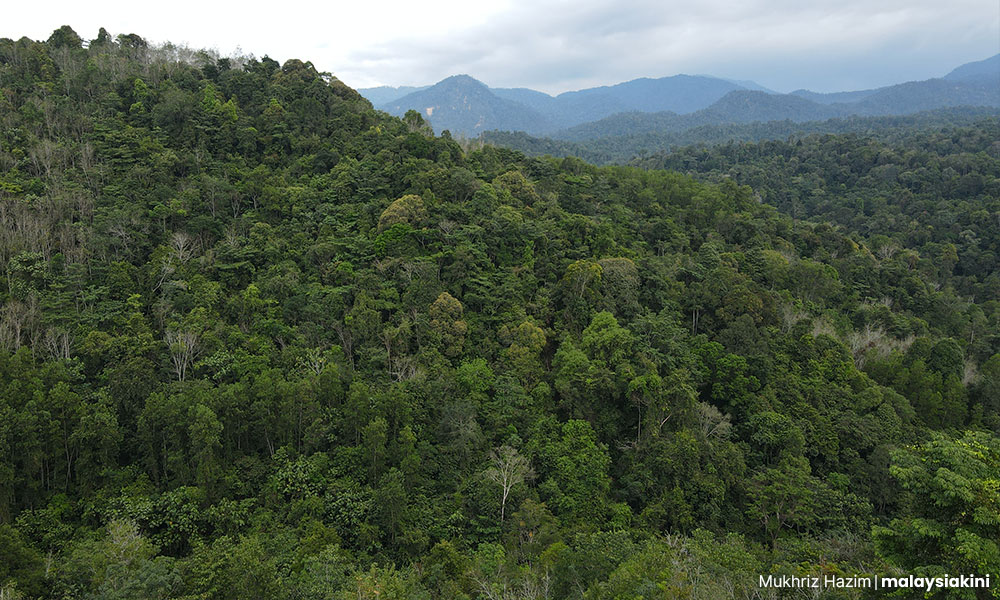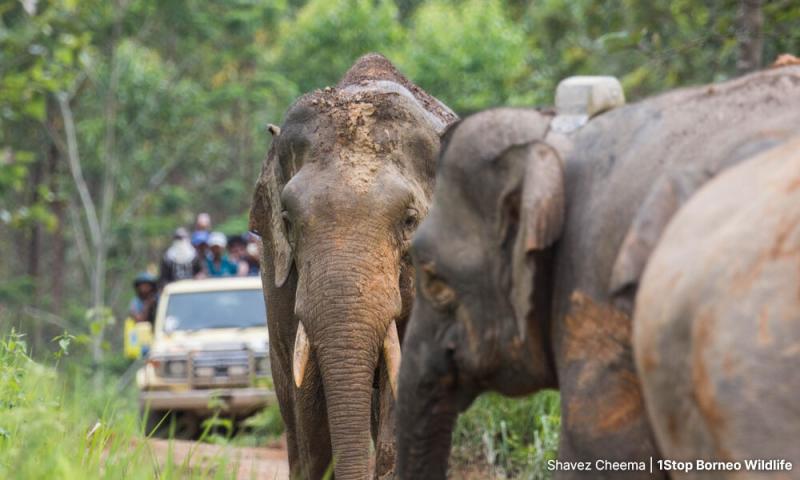LETTER | Wildlife protection needs good plan and political will
LETTER | The mid-term review of the 12th Malaysia Plan that promises increased protection for endangered species in Malaysia is welcomed by the Consumer's Association of Penang (CAP).
We are in favour of the proposal which would involve enlarging protected areas, getting the involvement of local communities, stepping up enforcement operations to combat wildlife crimes, expansion of marine protected areas, and a review of the Fisheries Act with increased penalties for offences involving marine ecosystem and species.
These are admirable preventive measures taken to safeguard our endangered species from going extinct. Reports of regular elephant sightings, tigers, panthers, and other endangered animals highlight a significant issue that must be handled as soon as possible.

Every year, thousands of square kilometres of forest are lost. According to 'Malaysia Information Forest and Data – Tropical Rainforest’, Malaysia lost an average of 96,000ha, or 0.43 percent per year between 1990 and 2010. In total, the loss of its forest cover is 8.6 percent, or around 1,920,000ha, during the 10-year period.
This is a major concern as the country is still developing at a rapid rate. Apart from development, the remaining forests face threats from illegal and unsustainable logging, illicit removal of forest products, and forest encroachment due to agricultural and urbanisation activities.
The loss of forests has seriously impacted our endangered species. In 2009, the National Tiger Conservation Action Plan was developed to double the population of Malayan tigers to 1,000 by 2020.

But, instead of the tiger population increasing it has, according to estimates, markedly declined to less than 150. Why did the plan fail? No reason has been given by the responsible authorities.
It needs the government’s understanding, support, and commitment rather than plans for the conservation efforts to succeed. Having political will and fortitude to carry out the study's recommendations are required to save the tigers.
Mining activities in permanent forest reserves, ecologically sensitive regions, and protected areas are a threat to tiger conservation and CAP is concerned about the approval given by the authorities for mining in these areas.
Whether activities are conducted inside or next to protected areas, mining has a number of negative environmental effects such as an increase in human-animal conflict from people living and working around the mine, wildlife poaching, habitat fragmentation and pollution.
We hope that the government and its agencies are committed enough to follow through the mid-term review of the 12th Malaysia Plan provisions on wildlife protection.
The recognition and commitment to solving the problems relating to wildlife require a structured framework of deliberate policies, operational funding and strengthening the role of the Wildlife Department.
MOHIDEEN ABDUL KADER is Consumers’ Association of Penang president.
The views expressed here are those of the author/contributor and do not necessarily represent the views of Malaysiakini.
RM12.50 / month
- Unlimited access to award-winning journalism
- Comment and share your opinions on all our articles
- Gift interesting stories to your friends
- Tax deductable
